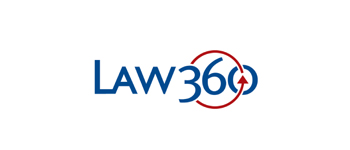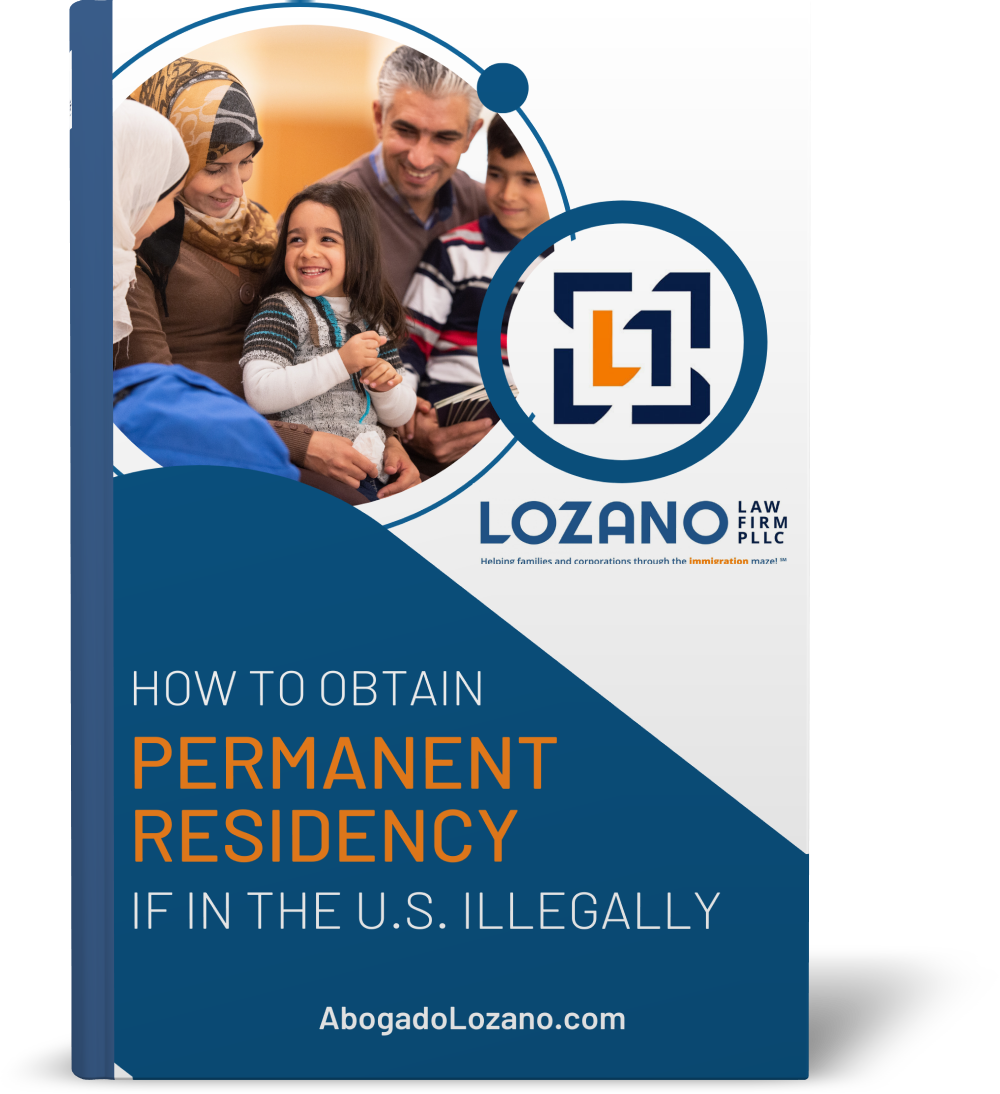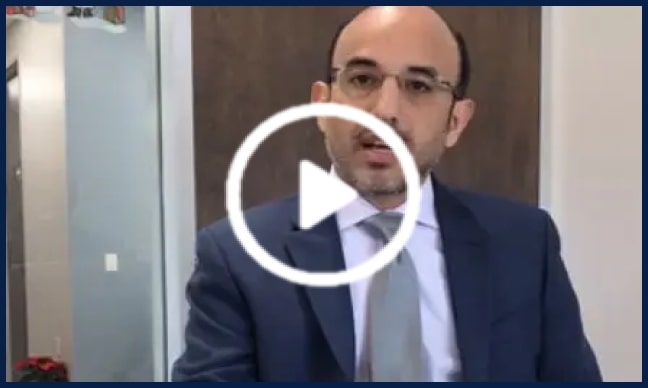Family-based Visas contribute a substantial portion of the United States’ annual applications. Most of these come from the Immediate Relative Category, while the remaining belong to the Family Preference. These are the two types of family based immigration.
Navigating this process can prove challenging and lengthy, especially for those under Family Preference Visas. It illustrates the delicate balance between encouraging family unity and managing broader immigration policy. So, how can you seek to live permanently in the United States through family based immigrant Visas?

An Overview Of Family-Based Visas
Family-based immigrant Visas offer a legal route for foreign nationals to live permanently in the United States. Applicants must have a close family member, including a U.S. citizen or a lawful permanent resident to qualify. In this context, the phrase close family refers to spouses, parents, siblings, and children.
The two categories are Immediate Relatives (IR) and Family Preference (F). The former is not subject to annual Visa limits while the latter has yearly caps and caters to more distant relatives. These two types have sub-categories, so you must consult an immigration lawyer to guide you in determining the eligibility of your family members.
Immediate Relative Categories
The Immediate Relative covers close family members of U.S. citizens, including spouses, unmarried children under 21 years of age, and parents. Immediate relatives are not subject to numerical Visa quotas, expediting their immigration process.
- IR-1: Spouse of a U.S. citizen.
- IR-2: Unmarried children under 21 of a U.S. citizen.
- IR-3: Orphans adopted abroad by U.S. citizens.
- IR-4: Orphans to be adopted by U.S. citizens in the country.
- IR-5: Parents of U.S. citizens who are at least 21 years old.
Family Preference Categories
Understanding the family preference determines the priority and eligibility of family members seeking immigration. It ensures the fair allocation of Visas and maintains the integrity of Green Card applications. The Family Preference has four subcategories:
- F-1 Family First Preference: Unmarried sons and daughters of U.S. citizens and their minor children.
- F-2 Family Second Preference: Spouses, minor children, and unmarried sons and daughters (21 years and older) of lawful permanent residents.
- F-3 Family Third Preference: Married sons and daughters of U.S. citizens, their spouses, and minor children.
- F4 Family Fourth Preference: Brothers and sisters of U.S. citizens, their spouses, and minor children, given that the U.S. citizens are at least 21 years old.
Special Consideration For Unmarried Children Under 21
Special provisions exist for unmarried children under 21 of Visa applicants in the Family Preference categories. These children, referred to as derivatives, can apply for Visas on the same type and priority date as their parents.
The National Visa Center (NVC) manages these cases. It is responsible for processing immigrant Visa petitions after receiving USCIS approval. The NVC also collects Visa application fees and supporting documentation from applicants before scheduling Visa interviews.
Application Through An Embassy Or Consulate
Applying for a family-based immigrant Visa through an embassy or consulate involves several steps known as consular processing. This route is available to applicants who reside outside the United States.
Petition Filing
The process begins when a U.S. citizen or lawful permanent resident family member, known as the sponsor, files a petition. They file a Form I-130, Petition for Alien Relative, with USCIS. USCIS reviews the petition, and if it is approved, forwarded to the NVC for pre-processing.
Interview Scheduling
The NVC invites the applicant to apply for the Visa once it receives the approved petition and the applicant’s Visa number becomes available. The NVC collects the necessary forms, documents, and fees and then schedules the Visa interview at a U.S. Embassy or Consulate in the applicant’s home country.
Assessment & Result
A consular officer assesses the applicant’s eligibility for the Visa. This evaluation ensures the relationship with the sponsor is genuine and the applicant meets all Visa requirements. The officer will also screen for inadmissibilities, such as prior immigration violations or serious criminal convictions.
The consular officer then informs the applicant of the result. If approved, the Visa gets issued, and the applicant can travel to the U.S. If denied, they will explain the reasons for disapproval. If more documents or information is required, the officer will advise the applicant accordingly.
The role of the embassy or consulate in this process is vital. The consular officer confirms the applicant’s Visa eligibility and ensures they pose no risk to U.S. security or public safety.
Green Card Application & Adjustment Of Status
Obtaining a Green Card, officially known as a Permanent Resident Card, allows foreign nationals to live and work permanently in the United States. Meanwhile, Adjustment of Status refers to the process by which an eligible individual already in the United States can get permanent resident status.
Eligibility Criteria
A few conditions make someone eligible for adjustment of status. Applicants must enter the U.S. legally and should be in the country at the time of the application. They also need an approved immigrant petition (like Form I-130), and a Visa number must be available.
Application Process
The process involves several steps. The individual must first ensure they’re eligible. Then, they file Form I-485, Application to Register Permanent Residence or Adjust Status, with USCIS. A biometric services appointment follows an interview when necessary. The final step is to wait for a decision on the application from USCIS.
Role Of Immigration Services USCIS
USCIS reviews and decides on Form I-485 applications. They also coordinate the collection of biometrics and conduct interviews if required. Their decision determines whether an applicant successfully adjusts their status or not. The terms Green Card holder and lawful permanent resident are often used interchangeably.
However, while all Green Card holders are lawful permanent residents, the reverse isn’t necessarily true. LPRs may not have a Green Card if they never applied or if it expired and failed to apply for renewal. These documents must be valid during the change of status application.
Permanent Residents & Family Member Sponsorships

Sponsorship by permanent residents or Green Card holders is a significant aspect of family-based immigration. As sponsors, they can petition certain family members to immigrate to the United States.
Rights and responsibilities come with being a Green Card holder. They have the right to live permanently in the United States, work here, and be protected by all laws of the United States, the states, and local jurisdictions. Their responsibilities include obeying all laws, filing income tax returns, and supporting the democratic Government.
Age Considerations
Age is a pivotal factor in the U.S. immigration sponsorship process. When it comes to family-based Visa sponsorships, the law establishes age-specific criteria. For instance, only lawful permanent residents who have reached 21 years of age are eligible to sponsor their family members.
This age requirement is designed to ensure that sponsors are mature and presumably more stable, both financially and socially. It serves as a safeguard before they bring family members to the United States. Younger Green Card holders must wait until they reach this age milestone before initiating the sponsorship process.
Relationship To The Sponsor
Permanent residents can sponsor their spouse and unmarried children, regardless of the child’s age. The categories for these Visa types are F2A (for spouses and children under 21) and F2B (for unmarried sons and daughters 21 years of age and older).
Limitations & Considerations Of Family Immigration
Family-based immigration in the United States, while essential, operates under specific limits. There are annual caps on the number of Visas issued. The current landscape of family-based immigration in the U.S. reflects these restrictions.
Number Of Immigrants In Various Categories
Every fiscal year, the United States Government issues a limited number of family-based immigrant Visas. The Immediate Relatives category has no annual cap, but the Family Preference category does. This limit can influence the number of immigrants, and thousands of applicants often find themselves in a queue.
Waiting Times & Visa Backlogs
Due to these limits, backlogs and long waiting times occur. Some intending immigrants may wait years for their priority date to become current. It signals that a Visa has become available, but for others, the wait can extend to decades. Waiting times can vary significantly based on the immigrant’s country of origin. They will also depend on their relationship with the U.S. sponsor.
These limitations influence the Green Card application process. For those with a Visa immediately available, the path may be straightforward. However, for others subject to waiting times, navigating the immigration process can be more challenging. Delays may affect plans to reunite families or seek employment in the United States.

















